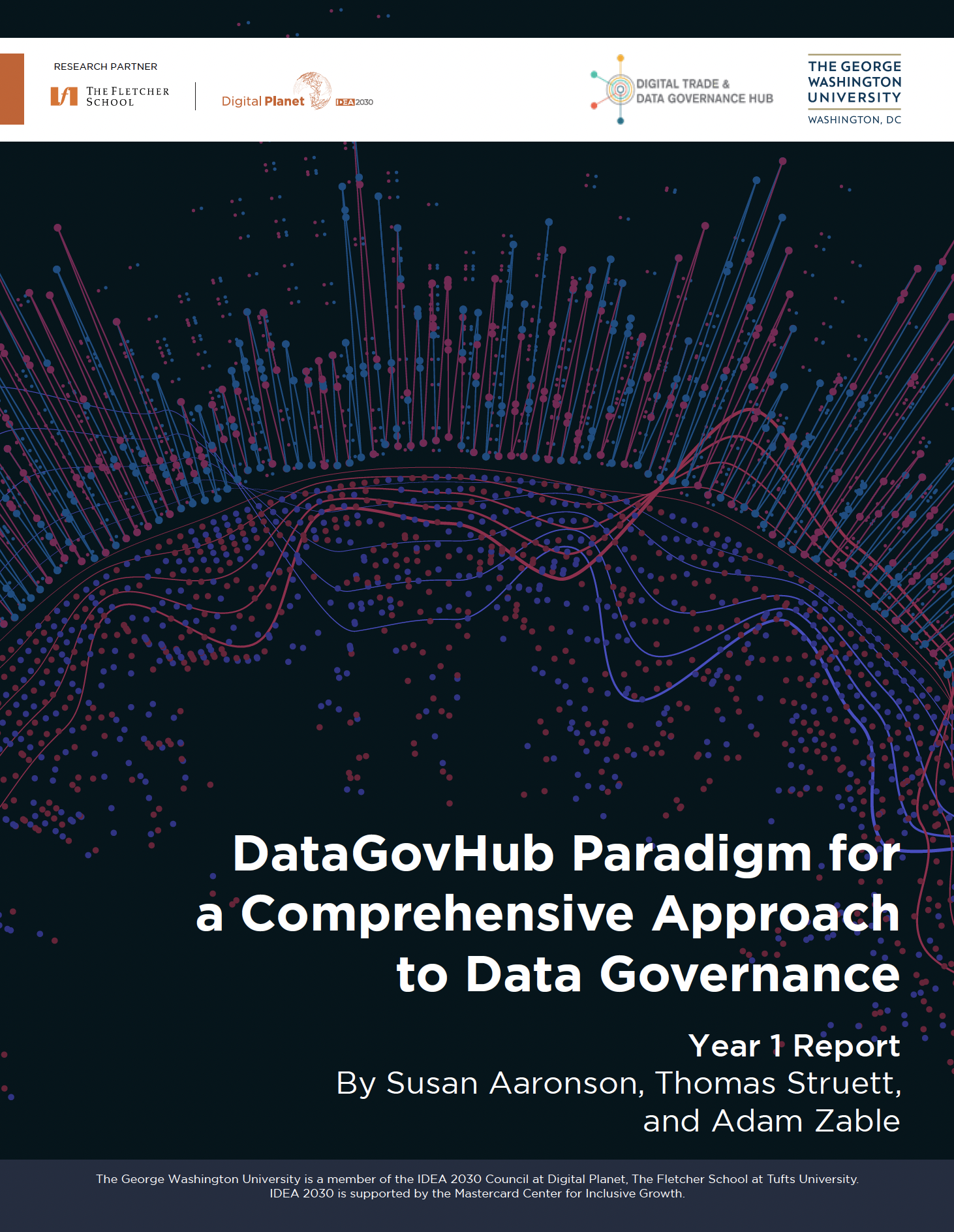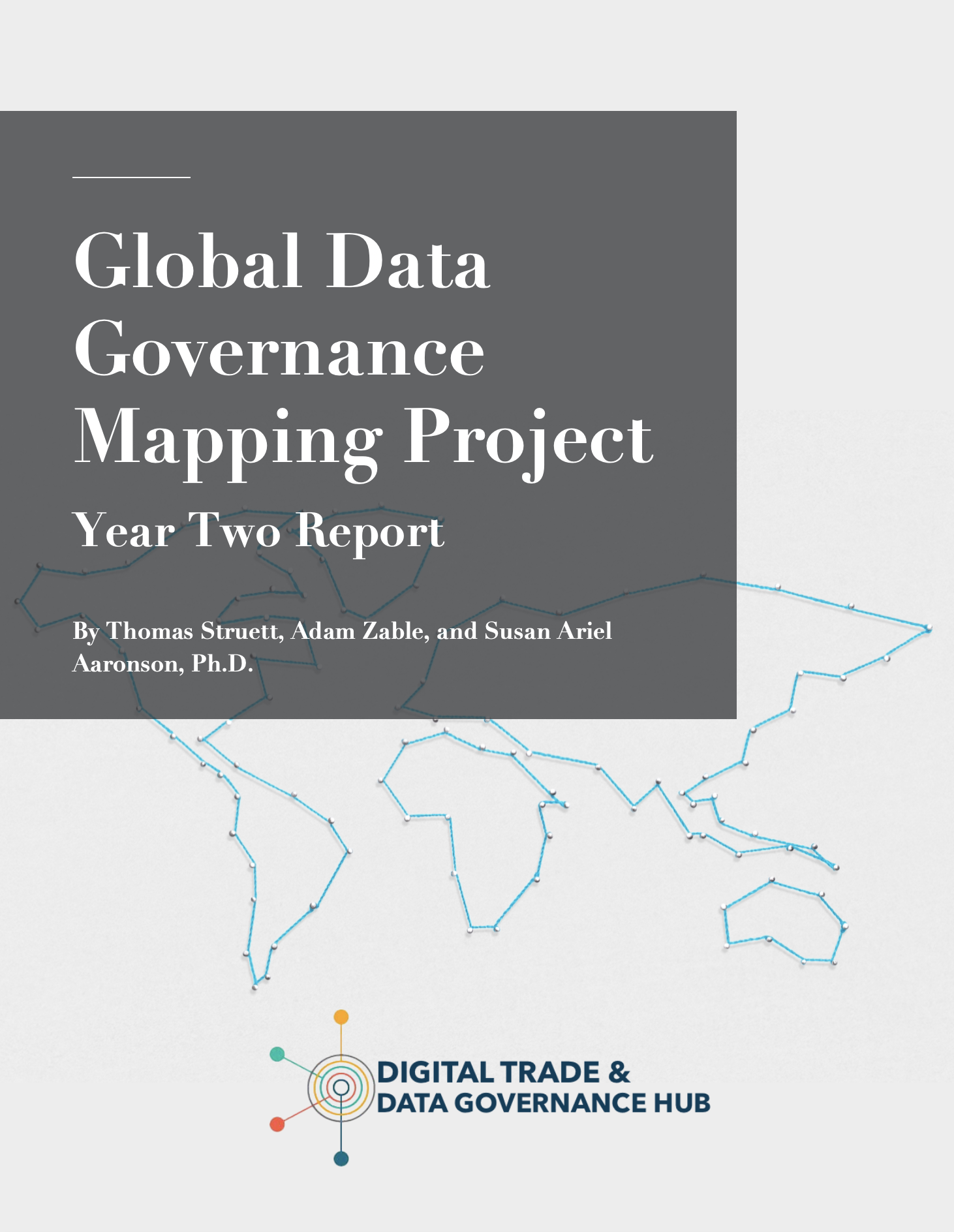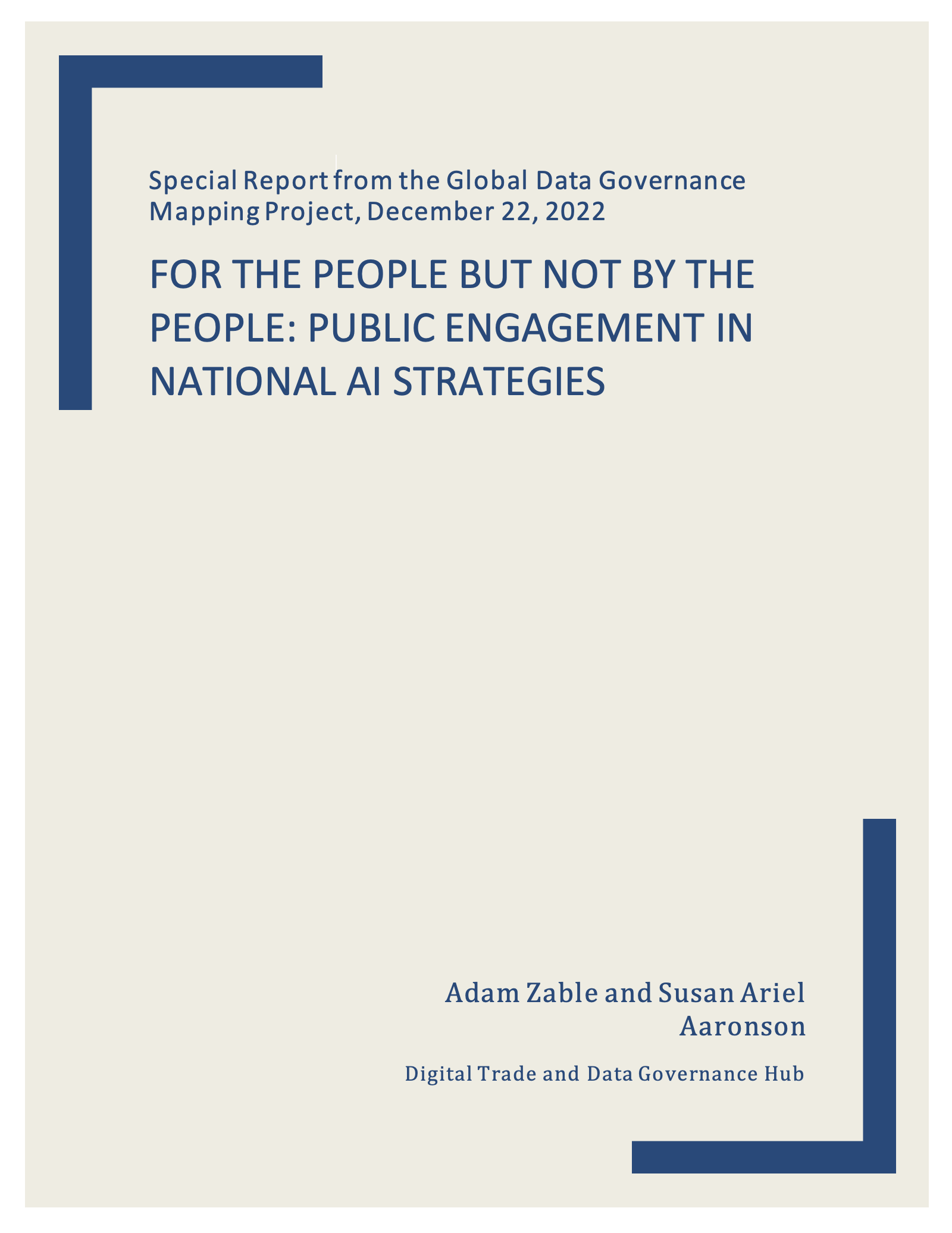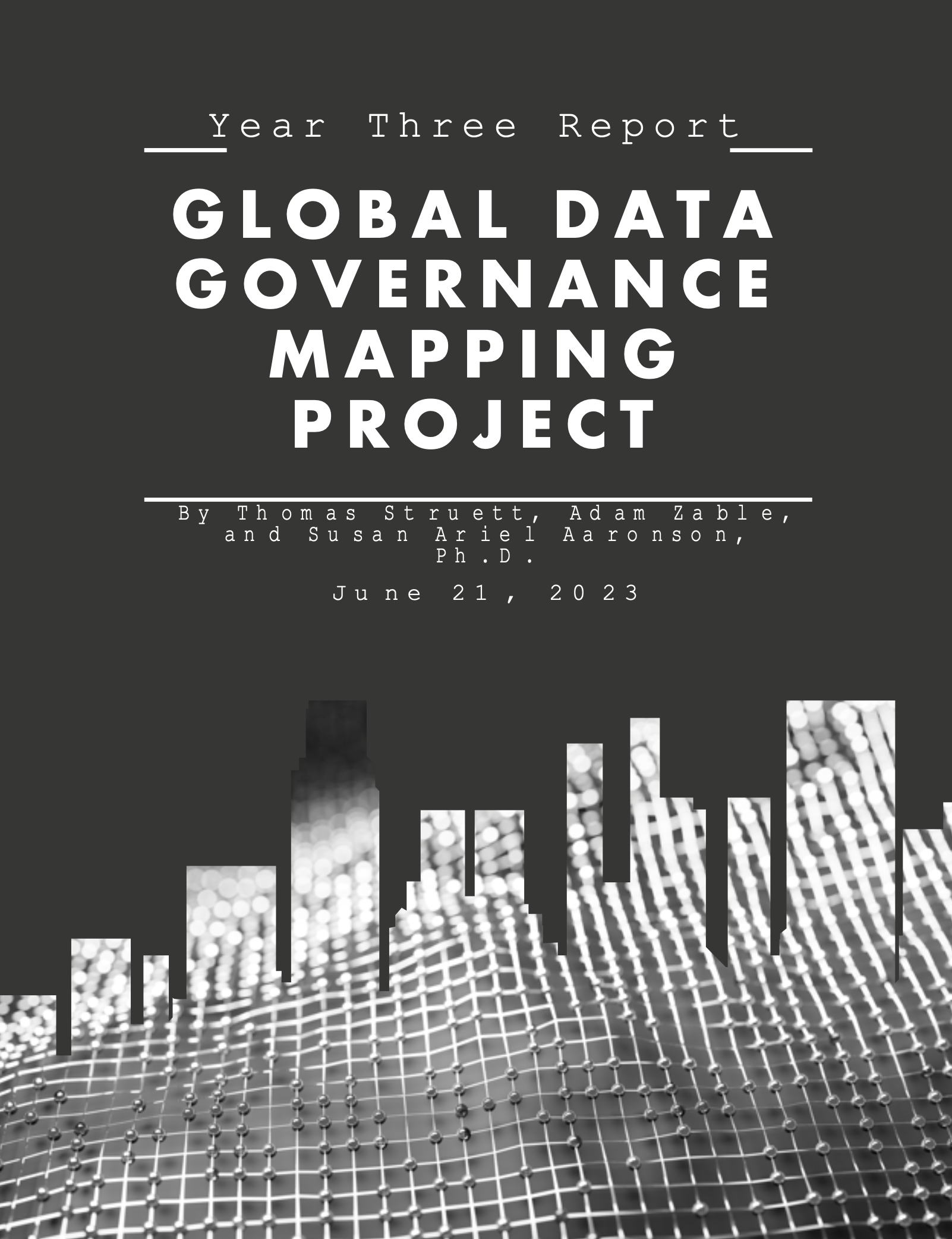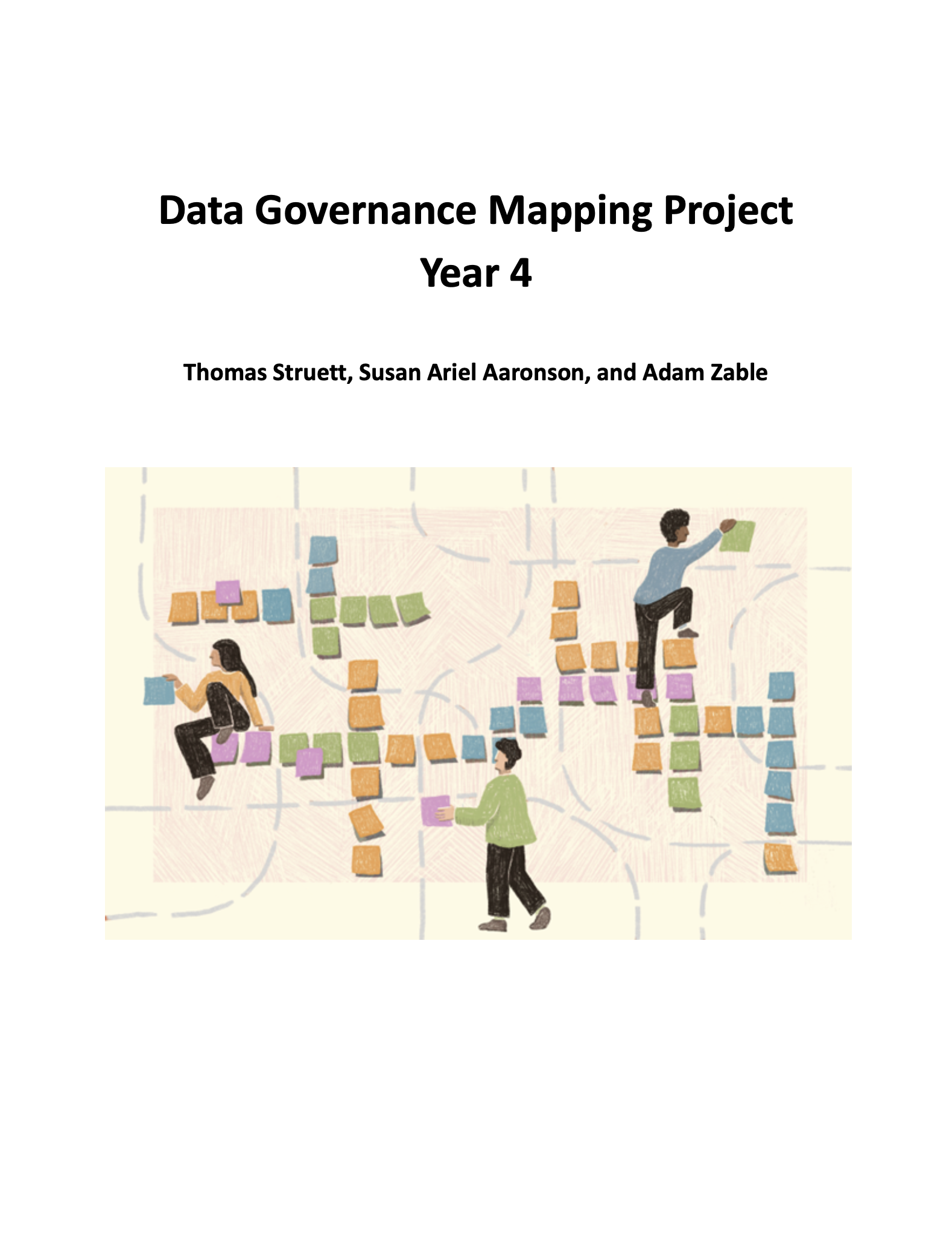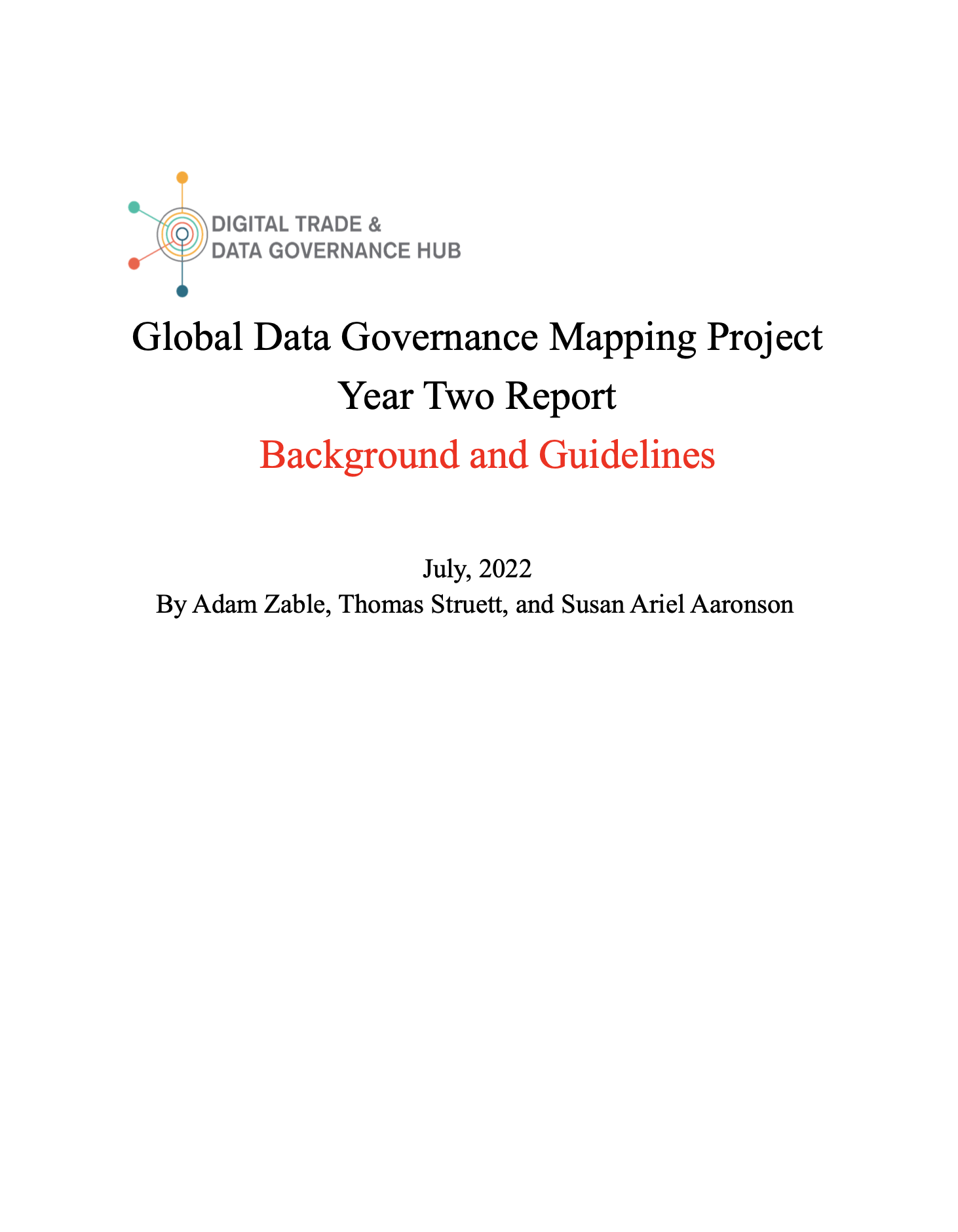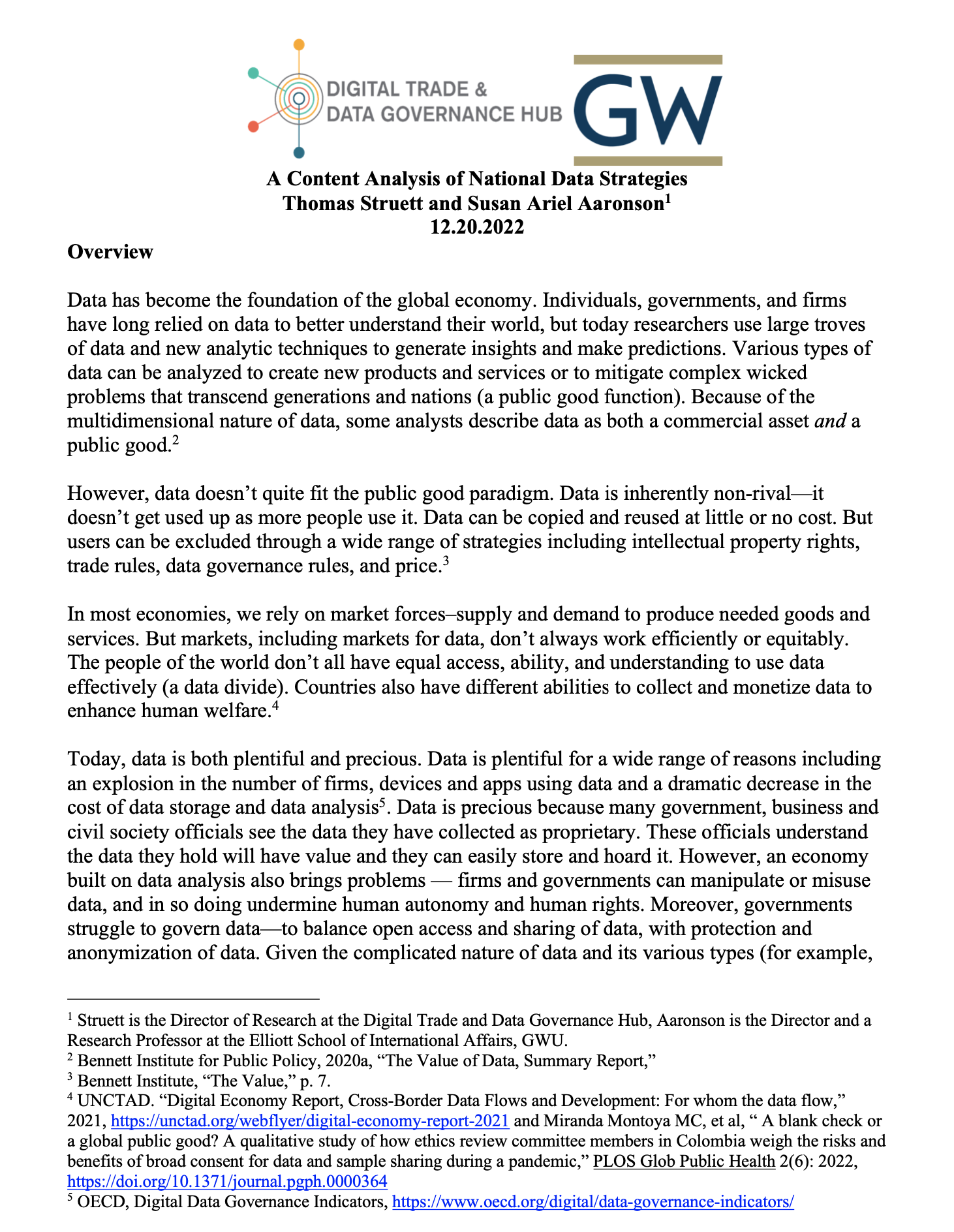- Home
-
Country Level Data
- East Asia & Pacific
- Europe & Central Asia
- Latin America & Caribbean
- Middle East & North Africa
- North America
- South Asia
- Sub-Saharan Africa
- Attributes
- Indicators
-
Findings
Get Data
Continue...
×
Before you can proceed...
By filing out the form below and selecting "Continue", you agree to receive an email containing download information related to our research on Global Data Governance.

